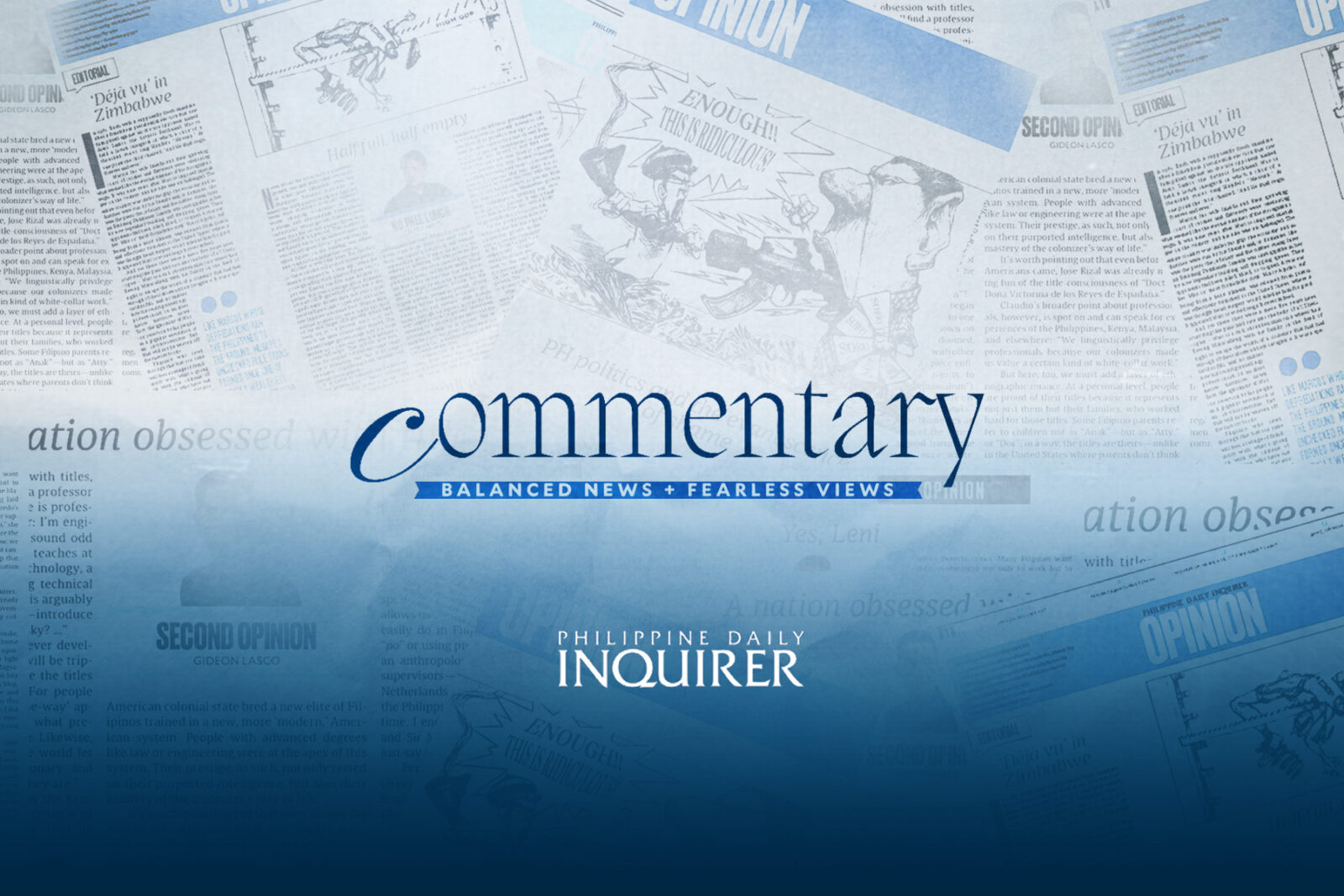Fighting poverty, bridging inequality

Poverty remains one of the most pressing issues globally, with over 700 million people worldwide living in extreme poverty—on less than P123.70 per day. In the Philippines, the situation is equally dire. As of 2023, approximately 10 percent of the population, or 2.99 million people, live below the poverty threshold, with places such as Region 5, Region 9, and the Bangsamoro region, among the hardest hit. Their poverty rates exceed the national average, highlighting the need for a comprehensive, targeted response.
Even though economic indicators show a slight decrease in the country’s Gini coefficient, which measures income inequality, the Philippines continues to face one of the highest levels of income disparity in Southeast Asia and was ranked 15th globally in terms of income inequality in 2022. During the COVID-19 pandemic, more than 40 percent of the poorest Filipinos experienced severe income loss, a stark contrast to just 19 percent among the wealthiest. This underscores a simple truth: poverty is not just an economic issue; it is also a structural issue deeply connected with access to opportunities, resources, and social mobility.
The reality of poverty in the Philippines isn’t just reflected in the numbers but also in lived experiences. Multidimensional poverty, which includes a lack of access to basic needs such as food, clean water, education, and health care, affects 18 percent of the global population—a number mirrored in many Filipino communities. For these people, poverty is not just about income; it is about survival in a society where opportunities to improve one’s quality of life are often out of reach.
In the face of such staggering statistics, what is our response? The answer lies in the Philippine Constitution of 1987, which enshrines economic prosperity and social justice as fundamental pillars of the country’s future. Born from the struggle to overthrow a dictatorship and restore democratic governance, the Constitution, specifically, Articles XII and XIII, emphasizes the need for an equitable distribution of opportunities, income, and wealth. These principles were set in place to protect the rights and dignity of all Filipinos, particularly the most marginalized. Yet, decades after the restoration of democracy, poverty remains deeply entrenched.
In 2023, the Philippine government adopted the Philippine Development Plan (PDP) for 2023-2028, outlining the nation’s road map for economic recovery by revitalizing job creation and accelerating poverty reduction, with a particular focus on promoting human and social development. By addressing the vulnerabilities of the poor, increasing their income-earning potential, and transforming key sectors of production, the PDP seeks to create a more inclusive and resilient society. Local governments have a crucial role to play in this agenda.
The 1991 Local Government Code strengthens the push for economic prosperity and social justice at the local level, mandating local government units (LGUs) to advance the general welfare of their constituents through a more inclusive and equitable socioeconomic framework. This principle demands a redistributive approach to the economy—one that reallocates resources and income toward the poorest sectors of society.
For instance, Quezon City’s innovative programs such as the special employment program for senior citizens and persons with disabilities are exemplary. These initiatives show that creating equitable opportunities for all, including the most vulnerable, is not only feasible but essential for sustainable poverty reduction.
Likewise, programs like Tindahan ni Ate Joy provide women with the tools to start their own businesses, empowering them economically and socially. These local efforts align with the national objectives of the PDP and serve as models for other LGUs to follow.
Yet, while these programs are commendable, they should not be seen as mere exceptions. They need to be scaled up and replicated across the country. A collective, all-round national effort is needed to ensure that the benefits of economic growth and social prosperity are distributed equitably across society.
The Philippines cannot afford to wait any longer. Every day that passes without meaningful reform is another day that millions of Filipinos remain trapped in poverty, denied their basic rights, and left without the opportunity to thrive. To honor the ideals of the 1987 Constitution and the vision of a fairer society, we must prioritize the redistribution of wealth, provide equal access to education and health care, and dismantle the systems that perpetuate inequality. It is only through these efforts that we can build the equitable, prosperous, and just society that the Filipino people deserve.
—————-
Nina D. Resurreccion is a junior research associate and graduate student at the University of the Philippines School of Urban and Regional Planning. She graduated from the Ateneo de Manila University in 2022 with a degree in sociology.

















Impact of US funding freeze on NGOs